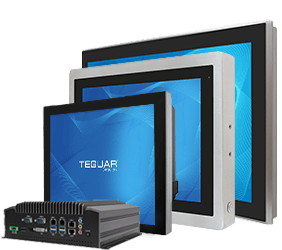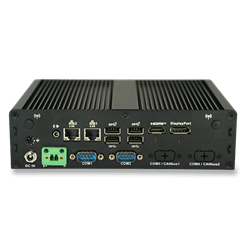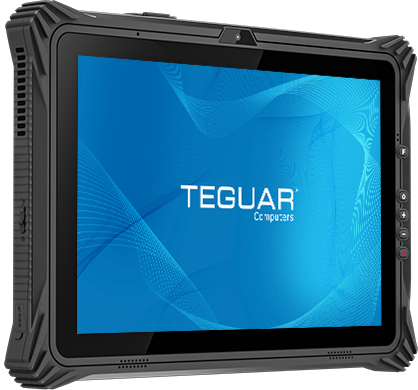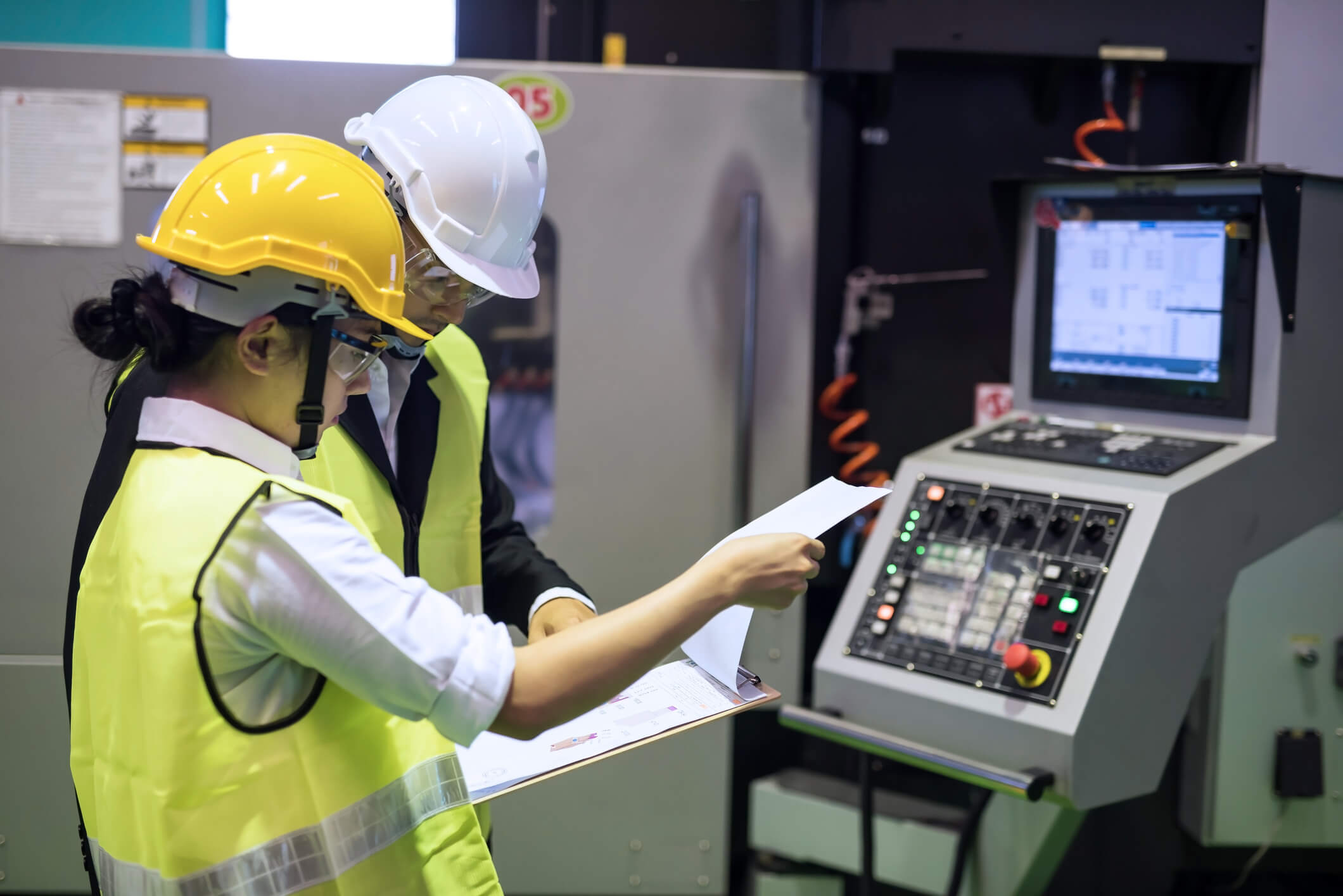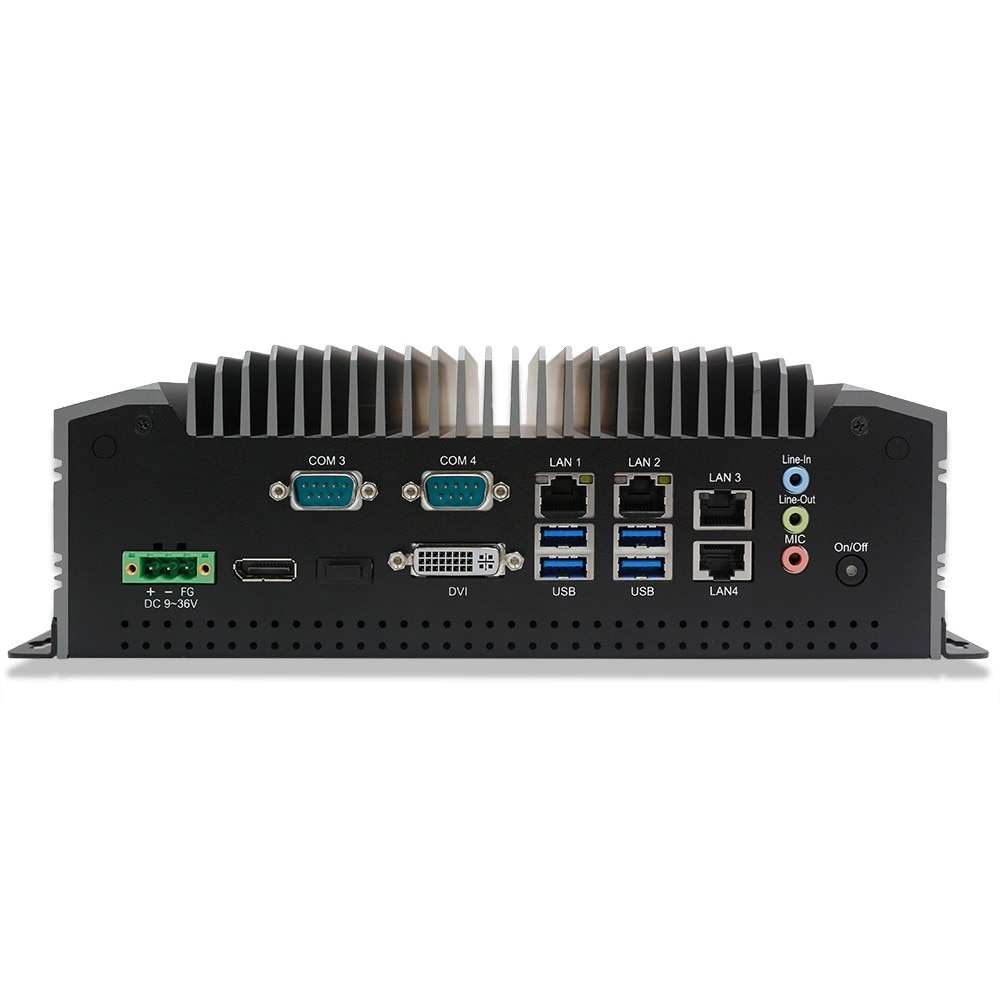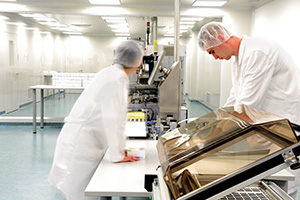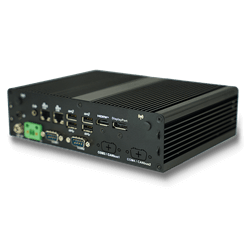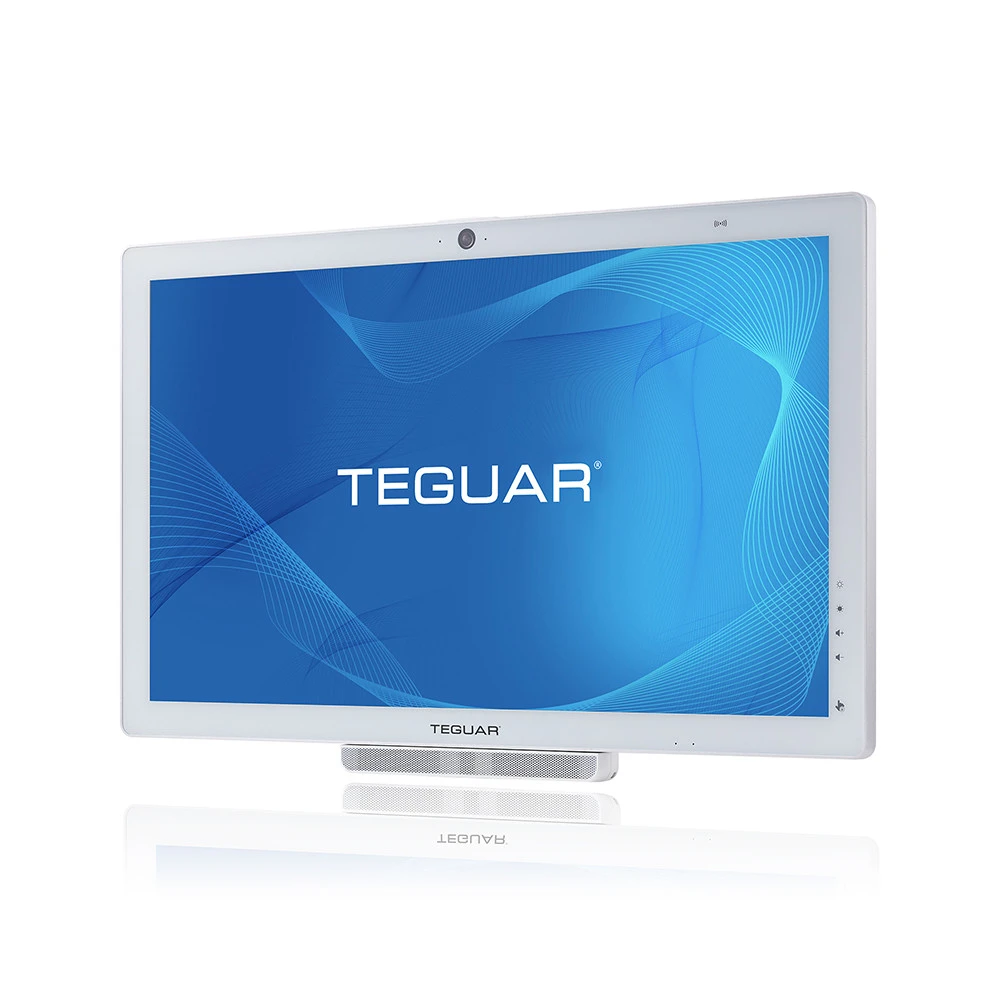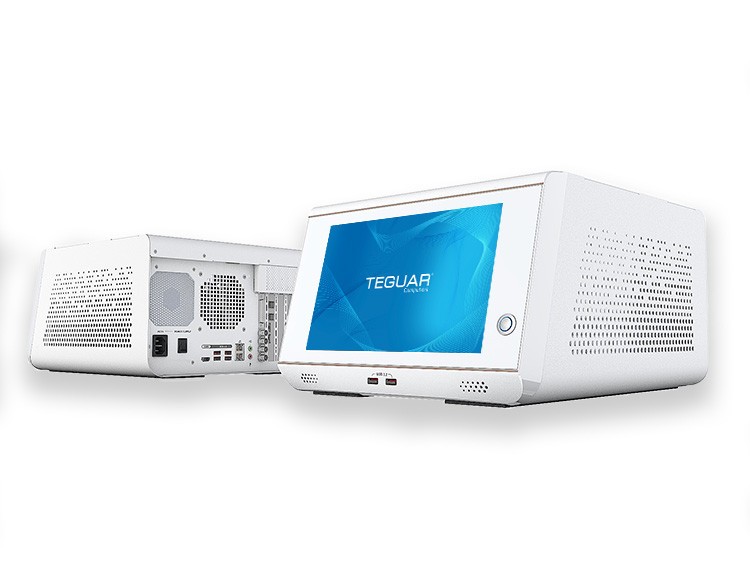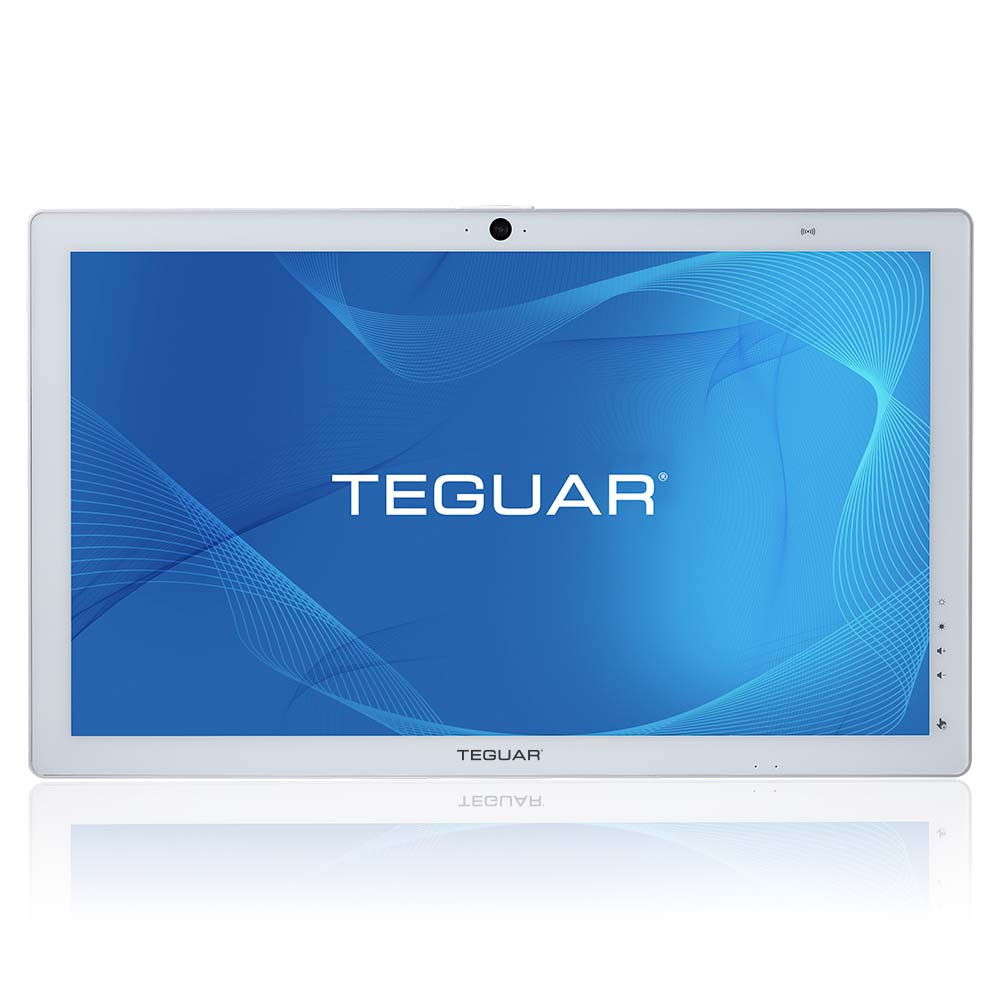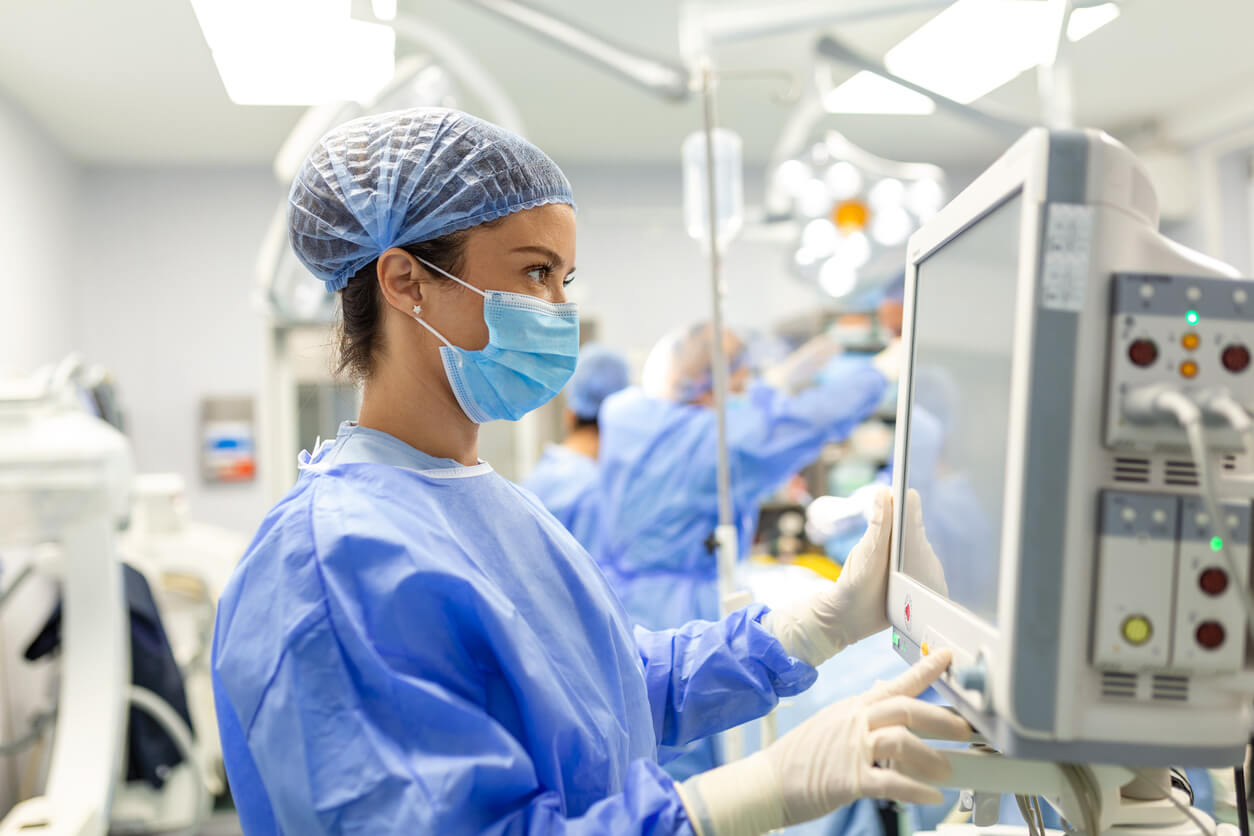Computers in Medicine: Enhancing Efficiency
In recent years, computers have revolutionized various industries, and the field of medicine is no exception. With integrating computers into healthcare practices, significant advancements have been made in terms of efficiency and accuracy. From diagnosing diseases to managing patient records, computers are an indispensable tool for medical professionals. This article explores how computers have enhanced efficiency in medicine.

Electronic Health Records (EHR)
Adoption of (EHR) Systems have streamlined managing patient data. Instead of traditional paper-based records, healthcare providers now have access to comprehensive digital records that are easily updated, retrieved, and shared across different medical facilities. This has eliminated the need for physical storage space and reduced the risk of errors resulting from illegible handwriting or misplaced files. Doctors can quickly access patient histories, test results, and treatments plans, enabling them to make well-informed decisions in real-time.
Diagnostic Tools
Computers have enhanced diagnostic capabilities in medicine. Advanced imaging technologies, such as computed tomography (CT), magnetic resonance imaging (MRI), and ultrasound, generate high-resolution images that sophisticated computer algorithms can analyze. These algorithms can detect subtle abnormalities, aiding in the early detection of diseases like cancer and cardiovascular conditions. Computer-assisted diagnosis systems can process vast amounts of medical data and compare it to existing knowledge databases, assisting doctors in making accurate diagnoses and treatment plans. Additionally, the healthcare field is experiencing an exponential growth in sophisticated diagnostic computing, thanks to the rapid advancements in artificial intelligence (AI)
Telemedicine
Computers in medicine play a vital role in the rise of telemedicine, enabling patients to receive medical advice and treatments remotely. Through video conferencing, patients can consult with doctors from the comfort of their homes, eliminating the need for unnecessary hospital visits. This has proved particularly advantageous for individuals residing in rural areas, as it grants them better access to specialized doctors and healthcare expertise that may not be readily available in their local vicinity. Remote patient monitoring systems equipped with sensors and wearable devices can collect data on vital signs, allowing healthcare providers to monitor patients’ health conditions continuously.
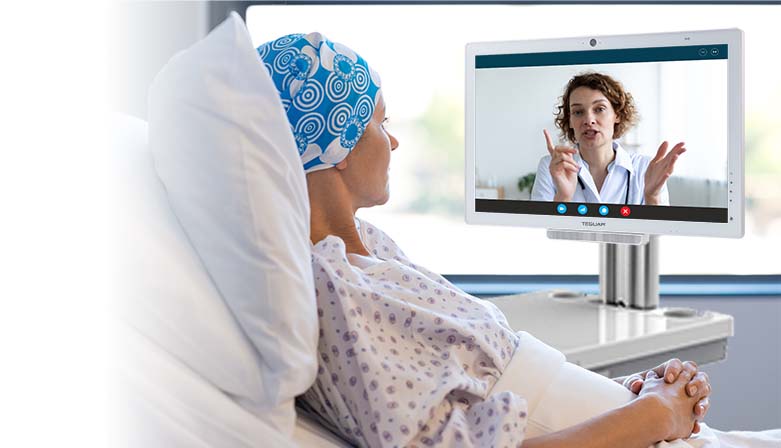
Drug Discovery and Research
Computational modeling and simulation have revolutionized the drug discovery process. Computers can analyze vast amounts of chemical and biological data to identify potential drug candidates and predict their efficacy and safety profiles. These speeds up the drug development process, reducing the time and cost involved in bringing new medications to the market.
Data mining techniques applied to medical research have facilitated the identification of patterns and correlations in large datasets, contributing to the advancements in medical knowledge and the development of personalized treatment approaches.
Precision Medicine
Computers have facilitated the emergence of precision medicine, and an approach that tailors medical treatments to individual patients based on their unique characteristics. By analyzing a patient’s genetic makeup, lifestyle factors, and medical history, computer algorithms can provide personalized treatment recommendations. This not only increases treatment efficacy but also reduces the risk of adverse reactions. Computers in medicine can help interpret genetic testing results, helping doctors uncover genetic predispositions to diseases and recommend preventative measures.
Computers in Medicine at Teguar
While computers have made significant advancements in medicine, it is crucial to recognize the importance of reliable and durable hardware that can withstand the demanding healthcare environments.
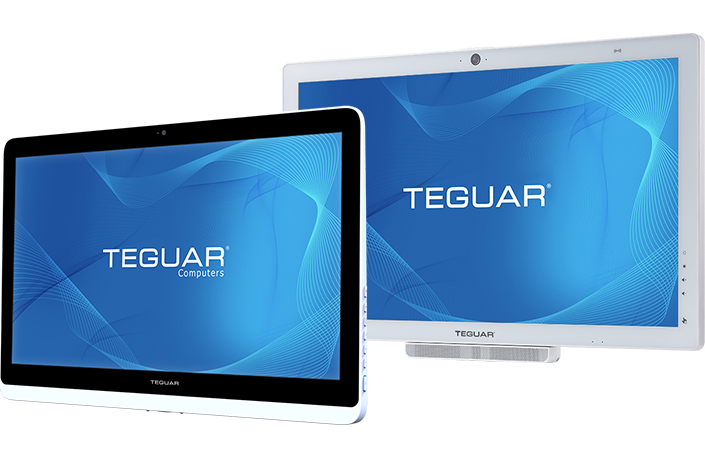
Companies such as Teguar have emerged as leaders in providing rugged and specialized computers specifically designed for medical applications. Teguar’s innovative solutions, such as medical-grade tablets and panel PCs, are built to withstand frequent disinfection, extreme temperatures, and harsh conditions commonly encountered in healthcare settings. By partnering with trusted technology providers like Teguar, the seamless integration of computers in medicine can be achieved, ensuring enhanced efficiency, accurate diagnoses, and improved patient care.


